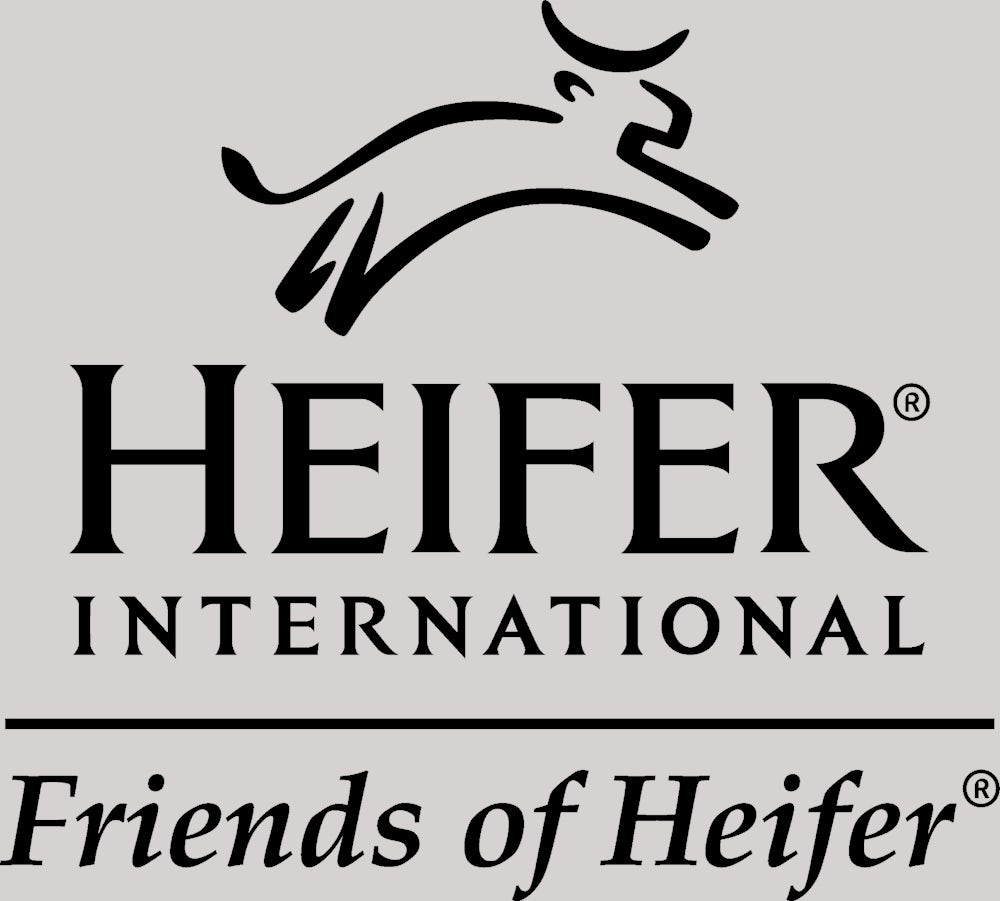
Kusu Maya Malla’s days used to consist of household chores, tending to the goats and fields of her family’s small farm, and raising her three children in the hilly region of Parbat, in central Nepal. Despite completing her schooling, Kusu never earned an income of her own.
That is, until the COVID-19 pandemic hit.
When the world went into lockdown and many in-person activities moved online, Heifer Nepal followed suit, launching an initiative to digitally train project participants as agrovets. These skilled workers provide animal health services, such as livestock vaccinations and medications, to help local farmers keep their animals healthy and families’ livelihoods intact.
Small livestock like the goats Kusu keeps are a lifeline out of poverty for farming families in rural Nepal, and a vital link to food security. But limited access to animal health services holds many back from growing their farms and their incomes — all critical to participating in the local food system and affording nutritious sustenance for their families. With your generosity and Heifer Nepal’s innovation, women like Kusu change this reality.
As soon as she caught wind of the trainings, Kusu recognized the opportunity for what it was: A chance to grow her skills and broaden her horizons without compromising on her responsibilities at home. And after attending a short orientation, Kusu set about learning from a distance.
Each day, once her housework and farm chores were complete, Kusu studiously absorbed the training materials for the 35-day course on a tablet provided by Heifer. She immersed herself in the text, photos and videos on screen, learning everything from diagnosing diseases in livestock to properly growing nutritious fodder and constructing sheds to protect livestock from the elements and predators.
“I was learning how to use injections … and details about improved shed management with sanitation and hygiene for healthy animals,” recalled Kusu, who took and passed weekly exams.
When she began implementing the techniques she’d learned online on her family’s own farm, she noticed an immediate change.
“After the training, I started rearing better breeds of goat and I give them a balanced diet [instead of] feeding them regular grass,” she said, describing the new approach as a departure from the conventional methods she and her husband used for more than two decades.
“Our production has increased and the goats are higher quality,” she added. “What used to sell for 10,000 Nepalese rupees ($76 USD) now can sell for 18,000 to 19,000 Nepalese rupees ($137 to $144 USD).”
But it’s not just her own herd she’s helping. As a fully trained and certified animal health care provider, Kusu administers critical veterinary services to farming families in two rural wards — a region totaling 600 households.
“With this single training, I have realized that I am not only capable of providing service as a technician making income, but I can be recognized in my community as well in a wider scope,” she said. “People know me as a fine vet technician with a successful goat farm.”
Equipped with a cooler to transport her livestock medication and vaccinations, a starting investment of 30,000 Nepalese rupees ($228 USD), her tablet and a microscope gifted from Heifer Nepal, Kusu travels by foot each day to help local farmers keep their farms thriving and their incomes consistent. When families like the ones she serves have a reliable income, they can afford nutritious food, decent shelter, education for their children and other unexpected costs.
“It is about service, and it also provides an income for myself,” said Kusu, who has used her growing savings to pay for her daughter’s school fees and hopes to one day buy a scooter for transportation and more goats for her farm.
“This is what brings satisfaction: that I can help my family and my community with the skills that I have learned.”
